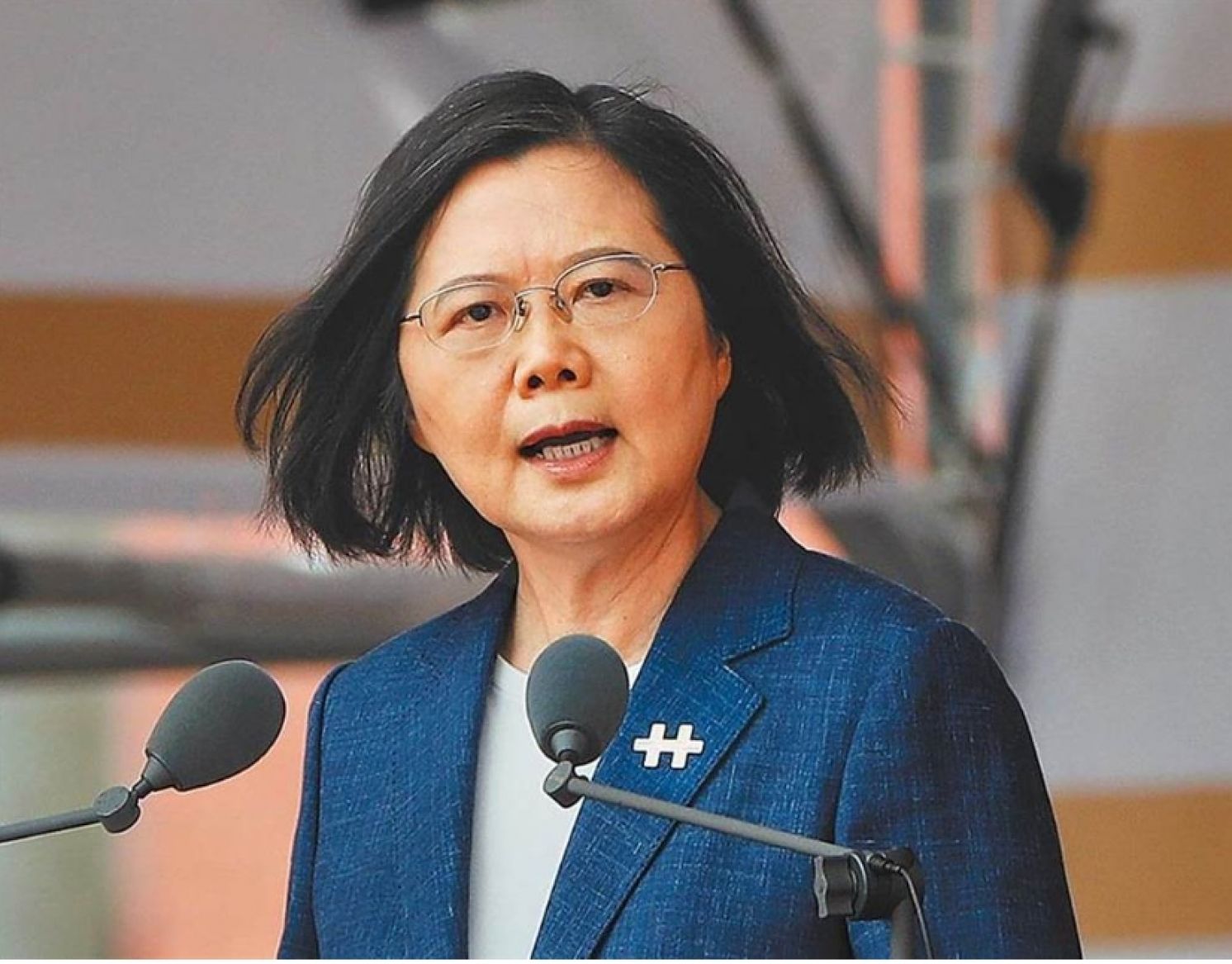
Cross-Strait Relations:When Will the Long Night Become Clear?
By Chiu Kun-hsuan
United Daily News, August 7, 2022
Speaker Nancy Pelosi of the United States House of Representatives left Taiwan with a wave of her sleeves, highlighting a reputation for defending democracy and human rights, but her trip has brought lingering dark clouds over Taiwan and an unpalatable situation of managing crisis by the United States. Most of the major American media commented on Speaker Pelosi's visit to Taiwan with negative views. Professor Graham Allison of Harvard University described Pelosi's trip to Taiwan as most appropriate in two words: reckless and irresponsible.
Some people may question that with the American delegation coming to visit Taiwan, why Communist China does not vent its anger on the United States, but instead takes retaliatory measures against Taiwan? This is a cruel reality of international politics. In fact, the two superpowers, mainland China and the United States, are trying to avoid military conflict, and Beijing has never ruled out the use of force and intimidation as a tool to fight against Taiwan independence and promote China’s reunification. By taking advantage of this opportunity to blockade Taiwan and launch army, navy and air force joint combat drills, the mainland aims to set a precedent and then establish a new normal.
However, a crisis may contain both danger and opportunity. Especially given that at the end of this year, China will convene its 20th National Party Congress, and the United States will hold midterm elections, both Beijing and Washington are certainly trying to avoid any crisis that escalates possible confrontation. In his recent remarks, Spokesman John Kirby of the White House National Security Council offered some information worth exploring. First, the United States should have grasped possible actions of the mainland in advance, showing that the two sides have maintained communications, including the method and scope of Beijing’s military exercises. The United States did not escalate countermeasures, in order to put the situation within a controllable range.
Second, Kirby stated that whether U.S.-China relations will be affected depends on Beijing’s actions in the next few days and weeks. That is to say, after three days of mainland China’s military exercises, if it can return to the state before the drills took place, the relationship between the two sides will still remain fiercely competitive, but not seeking a conflict. At the same time, the United States will not rule out the space and channel for diplomatic communications. The eight measures taken by Chinese mainland to counter the United States are generally at the tactical level. As regards the communications at the strategic level, except that the timing is not right for the mainalnd’s Minister of Foreign Affairs Wang Yi to meet with Secretary of State Antony Blinken of the United States during the military exercises, the two sides will still strive for high-level calls and meetings.
Third, it cannot become a new normal for mainland Chinese military planes to cross the median line in the Taiwan Strait, Beijing’s missiles to fly over Taiwan proper, and a quasi-blockade of Taiwan by the mainland. Whether these demands of the United States can be achieved depends on the determination and will of both sides. On the premise of avoiding military conflict with the United States, mainland China will conduct a long-term struggle to establish a new normal by using salami slicing tactics. For example, by building artificial islands in the South China Sea, in the absence of effective countermeasures from other parties concerned, the mainland can eventually make a fait accompli.
Although mainland China is avoiding direct confrontation with the United States, the pressure on Taiwan will gradually increase. What differs from the past is that the mainland will elevate the scope and intensity of military exercises, name and criticize President Tsai Ing-wen, and limit and curtail economic exchanges. The end result is that official communication channels between the two sides of the strait are completely closed, the median line in the Taiwan Strait no longer exists, and Taiwan’s maneuvering space and reaction time are compressed. We will be exhausted to respond to the new normal of the mainland, at the expense of consuming our resources and confidence. In the past, the mainland's policy toward Taiwan placed "striving for peace" before "preparing to fight." In the future, "preparing to fight" will become the new normal, while "striving for peace" really requires tremendous efforts.
In the face of military exercises and incremental pressure from the mainland, the government should put forward ways and means to get out of this predicament. The communication channels between the people on both sides of the strait are even more indispensable at this juncture, so as to strive for more peace and conciliation. What's more worrying is that Taiwan's partisan rivalry has resulted in a situation like "two Taiwans”, and the last thing we need is a culture of scolding and insulting each other. The government needs to construct broader reconciliation with the opposition in a democratic way and avoid imposing “red” hats label on people at every turn, in order not to deepen the division within Taiwan. Otherwise, were mainland China to invade Taiwan in the future, how the "two Taiwans" will respond would be the real problem facing us.
The author is professor emeritus at the Graduate Institute of East Asian Studies, National Chengchi University.